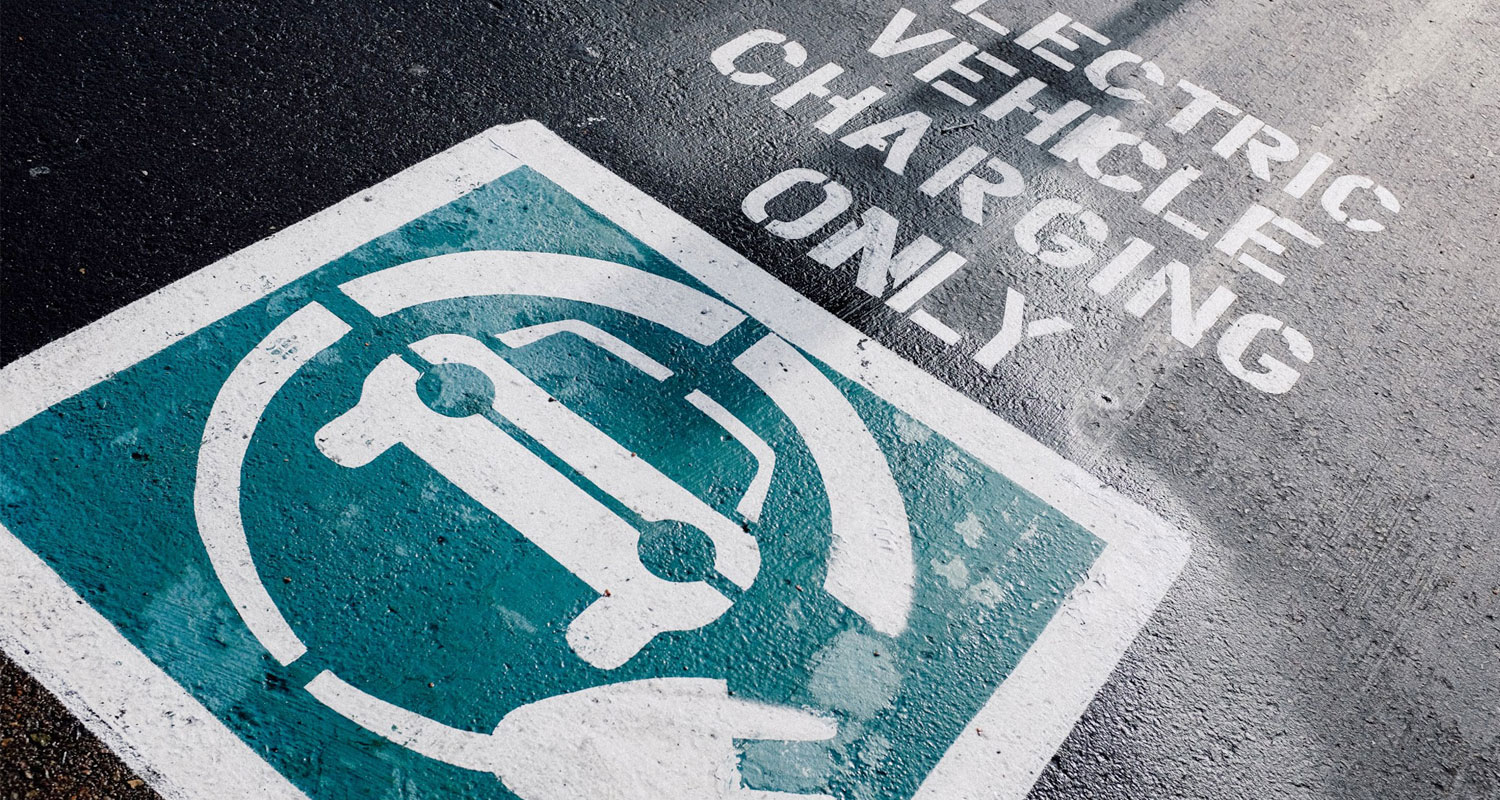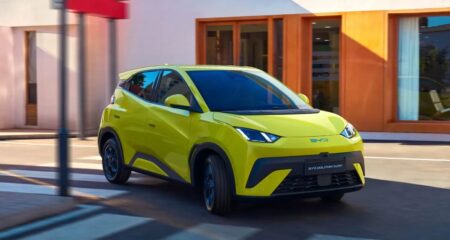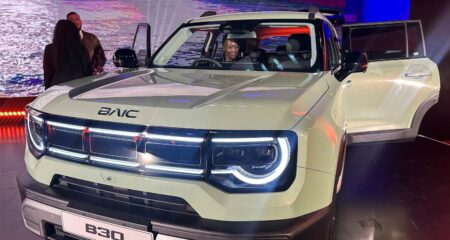 Despite intense lobbying by South Africa’s motoring industry, government has so far refused to budge on the high import duties it imposes on electric vehicles, which punish consumers who want to go the EV route.
Despite intense lobbying by South Africa’s motoring industry, government has so far refused to budge on the high import duties it imposes on electric vehicles, which punish consumers who want to go the EV route.
But one other African country – Ethiopia – has decided there are big advantages to be gained in slashing taxes on so-called new-energy vehicles. In doing so, it could end up pioneering EV adoption on the continent.
The East African nation, which is in the process of liberalising its economy and introducing competition, has introduced a new tax regime that exempts EVs from all taxes.
The move, by the country’s ministry of finance, is aimed at encouraging the local assembly of EVs and making the vehicles more afford to ordinary Ethiopians. Already, the Hyundai Ioniq EV is assembled in the country.
According to various media reports, the revised regulations mean EVs – both imported and manufactured in Ethiopia – are now exempted from VAT, excise tax and other surcharges.
Until now, all vehicles have been heavily taxed in Ethiopia, making cars largely unaffordable to the local population. The high tax rates will be retained for internal combustion engine (ICE) vehicles in a move designed to encourage a swift move to EVs by Ethiopian consumers.
Ethiopia’s move comes as South Africa’s department of trade, industry & competition comes under increasing pressure from motoring companies and motoring lobby groups to stop penalising EV buyers with higher taxes than those that are applied to ICE vehicle.
Concerns
In a recent interview on TechCentral’s technology show TC|Daily, Mercedes-Benz South Africa co-CEO Mark Raine lamented the situation, saying that South Africa is the only major market in the world that levies higher importation taxes on EVs than on polluting petrol- and diesel-powered cars. (Watch the interview with Raine.)
“Whether you have a [sports car] or an ordinary car, you pay 18% import taxes into South Africa,” he said. “If you take electric vehicles, it’s 25%. I must be honest: this is the country only I know of where an electric vehicle is disadvantaged [in this way] compared to an internal combustion engine or petrol car.”
Read: Vodacom affiliate Safaricom switches on Ethiopia network
He said he has raised his concerns, including with government, about this discrepancy, which he said is harming sales of electric vehicles in South Africa. “This is something I have addressed quite vocally, and it’s something I am hopeful will be addressed in the near future.” — © 2022 NewsCentral Media




